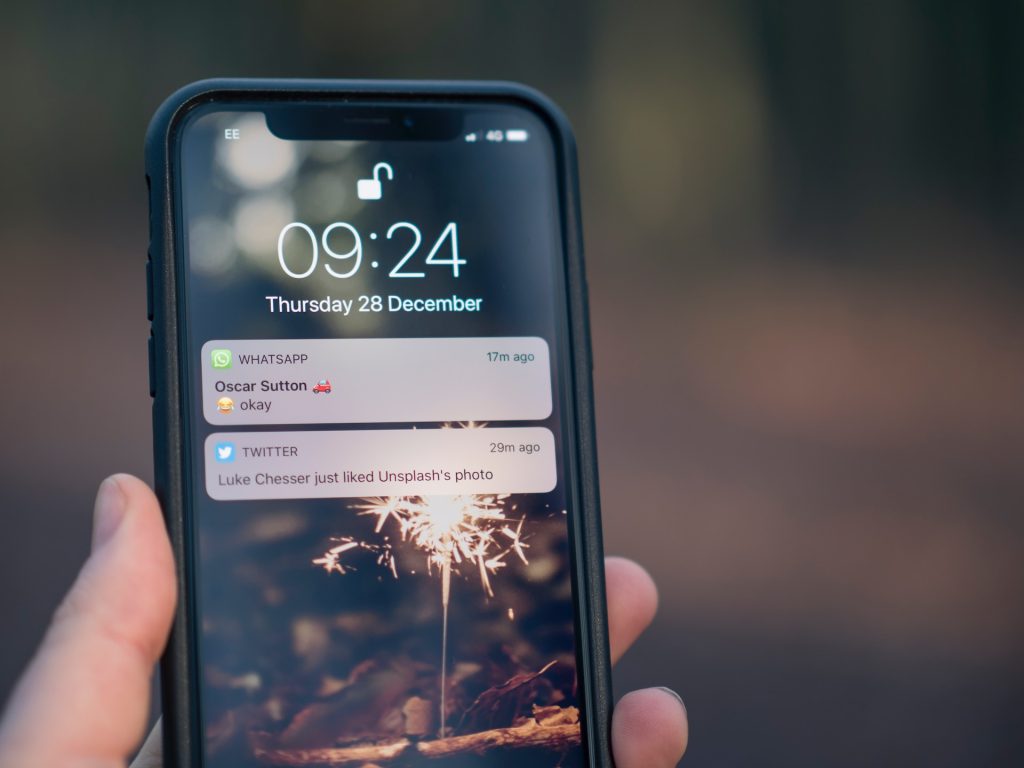As technology evolves, so do the ways we communicate with one another. WhatsApp, owned by Meta Platforms, has grown to become one of the most popular messaging apps globally, with over 2 billion users. The application offers not just text messaging, but also voice calls, video calls, and media sharing capabilities. However, alongside the convenience it brings, it also creates a necessity for security. Here’s a comprehensive guide on how to chat securely on WhatsApp.
- Downloading WhatsApp:
The first step towards secure communication is to download WhatsApp from a trusted source. For Android users, this would be the Google Play Store, and for iOS users, the Apple App Store. Downloading apps from trusted sources reduces the risk of downloading malware or fraudulent versions of the app.
- Account Setup and Verification:
After downloading WhatsApp, you’ll be prompted to enter your phone number for verification purposes. The app will send you a code via SMS, which you need to enter to verify your identity. This is a security measure designed to prevent others from creating an account with your number.
- WhatsApp’s Built-In Security:
WhatsApp comes with built-in end-to-end encryption, which means that only you and the person you’re communicating with can read what is sent. The messages are secured with a lock, and only the recipient has the special key to unlock and read the messages. This ensures that your messages are safe from prying eyes.
- Enable Two-Step Verification:
To add an extra layer of security to your WhatsApp account, enable two-step verification. This feature asks for a six-digit PIN when registering your phone number with WhatsApp again – this could be if you’re setting up WhatsApp on a new device or re-verifying your current device. To enable two-step verification, open the app, go to Settings > Account > Two-step verification > Enable.
- Keep Your App Updated:
Keeping WhatsApp (and all your apps) updated is crucial for security. Developers regularly release updates to fix vulnerabilities that could be exploited by hackers. Therefore, always download the latest version of the app from your device’s official app store.
- Beware of Scams:
Despite the robust security measures in place, WhatsApp users can still be targets of scams. Be wary of unsolicited messages claiming to be from WhatsApp, offering rewards, or asking for personal information or verification codes. Remember, WhatsApp will never ask for your personal details in a chat.
- Privacy Settings:
To enhance privacy, it’s recommended to change your ‘Last Seen’, ‘Profile Photo’, ‘About’, and ‘Status’ to ‘Contacts Only’ or ‘Nobody’. Also, consider disabling ‘Read Receipts’ to prevent senders from knowing when you’ve read their messages. To do this, navigate to Settings > Account > Privacy.
- Control Who Can Add You to Groups:
To avoid being added to unnecessary or potentially harmful groups, control your group settings. Go to Settings > Account > Privacy > Groups and select one of the options: ‘Everyone’, ‘My Contacts’, or ‘My Contacts Except…’.
- Manage Your Backups:
WhatsApp allows you to back up your chats to Google Drive or iCloud. However, these backups are not protected by WhatsApp’s end-to-end encryption. To maintain the privacy of your chats, you can choose to not back up your chats or encrypt your backups with a strong password if your cloud provider offers that option.
- Use Lock Screen Feature:
If your phone supports biometric authentication, you can add an additional layer of security to your WhatsApp chats by enabling the ‘Fingerprint Lock’ or ‘Face ID’ feature. You’ll find these options in Settings > Account > Privacy > Screen Lock.
- Report Suspicious Contacts:
If you receive messages from unknown contacts or suspicious links, avoid clicking on them. Report such contacts or block them to avoid any possible security issues.
In summary, the main keys to chatting securely on WhatsApp are: taking advantage of its inbuilt security features, keeping your app updated, managing your privacy settings, being vigilant against potential scams, and taking additional security measures where necessary. Ensuring secure communication is a shared responsibility between the application (WhatsApp in this case) and you, the user. By following these steps, you’ll greatly enhance the security of your communications on WhatsApp.







